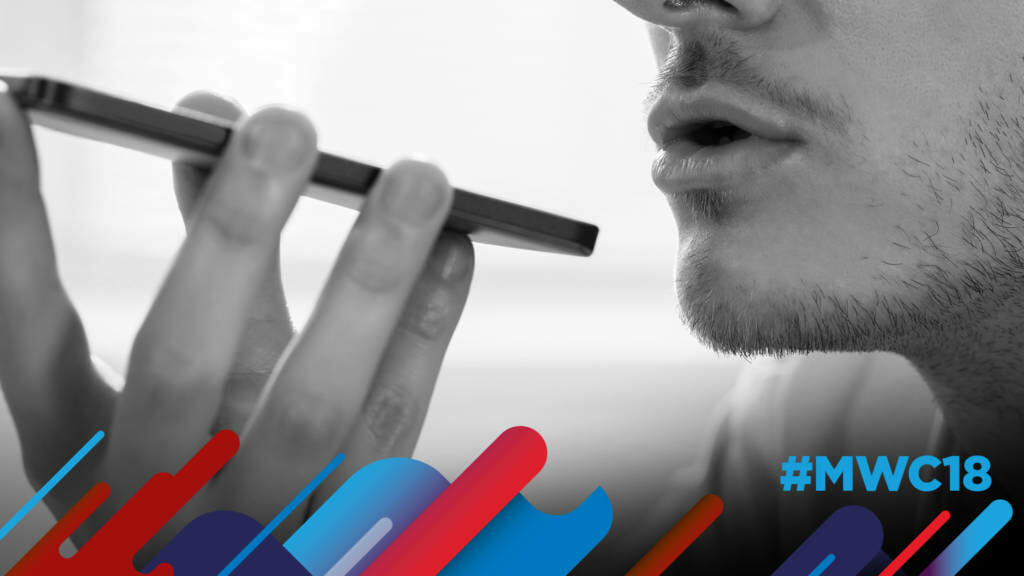Mobile World Congress is not necessarily about brokering deals or concrete applications of marketing, like counterpart conferences dmexco and Cannes have proven to be. The global gathering is designed to give marketers a chance to track the evolving spectrum across everything from mobile to martech, AI and everything in between.
“MWC is about the broader digital ecosystem, which is increasingly mobile and playing out on an array of connected devices,” Dr. Daniel Knapp, senior director at global information company IHS Markit, told AListDaily. “These developments provide a macro-environment in which marketing is taking place in the future.”
“We have a strong belief that mobile is the primary mechanism to achieve all these goals,” said Michael O’Hara, CMO of the GSMA, the trade organization that puts on MWC. “We’ve been through a period where ‘mobile is everything’ and ‘mobile is the next element,’ and now we want to talk about what mobile can do.”
Last year at MWC, Google announced a pivot from mobile-first to AI-first, and direct applications from brands have slowly been heading toward nascent platforms like voice ever since. Knapp expects this development to further be filled with substance and applications across the industry at the gathering this year.
After anticipated AI announcements at MWC, marketers will begin to understand the direct applications they can apply to their brands.
“Voice is a hot topic, but marketing budgets are still minuscule,” said Knapp. “We will see many buzzwords being thrown around, but direct applications for marketers will be far and few between.”
Facebook is one of the 2,300 companies participating at MWC. According to a DigiTimes report, the social media giant will enter the global smart-speaker market this summer by launching two models codenamed Aloha and Fiona. Both will have 15-inch touchscreens. Although no confirmations have been made, using the global stage in Barcelona to give Amazon Echo a run for its money in the voice-activated assistants market would make sense—especially since Amazon Echo isn’t as well-established overseas. Apple jumped into the smart-speaker market earlier this month as well with HomePod.
At MWC, other brands like LG, Samsung, Sony, Ericsson, HTC, Huawei and Nokia are just some of the mobile megaliths champing at the bit to potentially carry the torch toward AI. Most of these companies had cavernous booths and significant presence at CES just a few weeks ago teasing an arsenal of brand developments in that realm. The developments should be more substantiated in Spain.
According to Rob Gallagher, research director of consumer services for Ovum, AI will need to permeate everything from consumer and enterprise IoT, to self-optimizing networks and support systems, smart devices and digital assistants. He warned, however, that not all demos at MWC will be genuinely intelligent, or even useful.
“While AI has great potential to drive usage, spend and operational savings, companies must truly put consumers’ interests first if they are to succeed,” said Gallagher.

